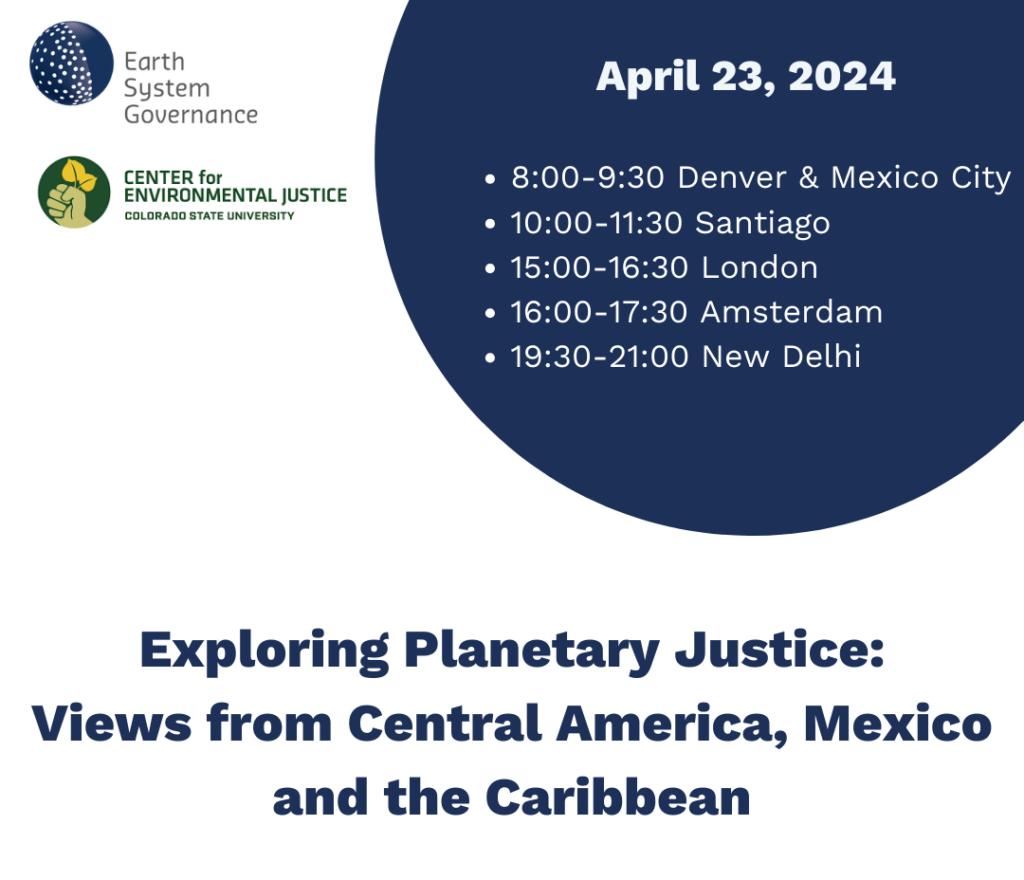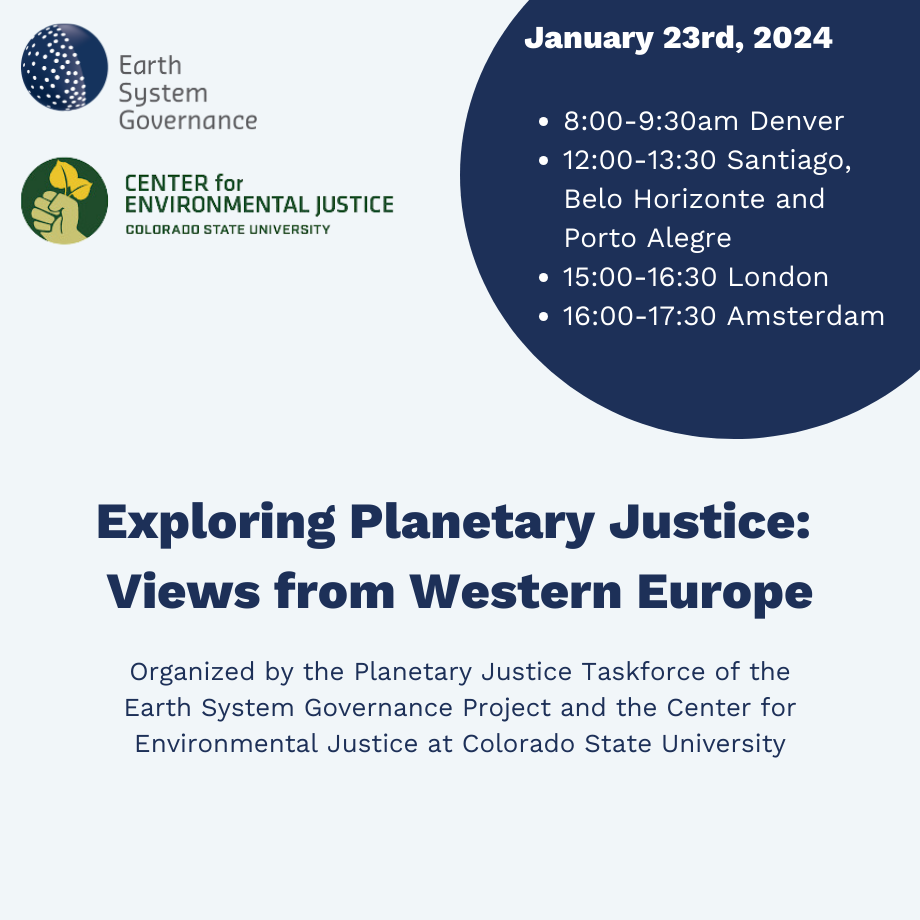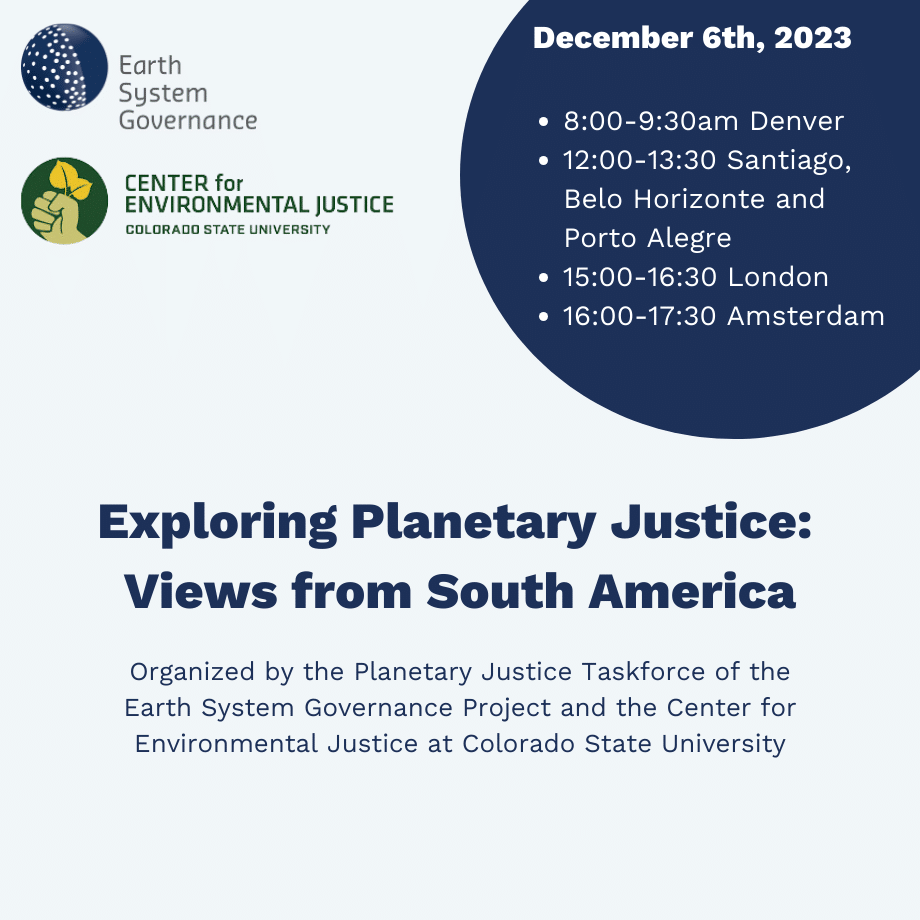Organized by the Unit for Social and Environmental Research, Faculty of Social Sciences, Chiang Mai University and the Earth System Governance Project
Sponsored by the Asia-Pacific Network for Global Change Research
Endorsed by the Global Water System Project
Report
A short report on the workshop is available here.
Abstract:
A capacity building workshop was held in Chiang Mai on 21-23 January 2013 to help increase understanding of the implications of analytical and normative uncertainties associated with climate change and other large-scale drivers for the governance of trans-boundary river basins. The participant mix in terms of countries, expertise and disciplines allowed for a critical perspective on issues in several key transboundary river basins including the Indus, Ganges, Brahmaputra and Mekong. The deliberations underlined that in Asia complex power relations demand explicit consideration of normative uncertainty in addition to the conventional focus on analytical uncertainty. Power imbalances, for instance, were noted as an important barrier to flow of information and sharing of data that increase uncertainty. It was recognized that it is often easier and more appropriate for negotiations to focus on sharing the benefits of water than just on the allocation of physical water flows. Participants and trainers jointly developed a set of propositions on uncertainty and the governance of transboundary river basins under a changing climate and committed to completing a co-authored synthesis article around some of these.
Announcement
Application period closed.
Workshop aims to help early career researchers:
– Increase their understanding of the implications of analytical and normative uncertainties associated with climate change and other large-scale drivers for the governance of trans-boundary river basins;
– Strengthen and expand their network with other early career researchers as well as more established experts in the Asia-Pacific region and beyond.
Workshop themes:
Earth system transformation is marked by persistent uncertainty regarding the causes of environmental change, its impacts, the interlinkage of various causes and response options, and the effects of possible response options. Uncertainty is not only analytical but also normative. Normative uncertainty refers to uncertainty with respect to goals and perceptions of acceptable risk. Most problems of earth system transformation are unprecedented. The adequate policies, polities and, especially, modes of allocation and adaptation are uncertain and contested. Normative uncertainty requires the development of new norms and conceptual frameworks for global collective action in uncharted territory. Research therefore needs to be reflexive and pay attention to how particular worldviews shape scientific research or how scientists deal with problems of uncertainty and lack of quantifiable knowledge of human behaviour. Rivers like the Mekong-Lancang, Brahmaputra, Red River, Salween-Nu, Ganges and Indus provide many services crucial for local livelihoods, national development, as well as regional stability and cooperation. They are also a source of regional tensions and natural disasters. Globalisation and environmental change, potentially leading to tipping points in natural systems, pose new and uncertain risks in these basins. These uncertain risks have become the normal context in which regional water governance takes place. The workshop will address the governance challenges posed by uncertainties related to climate change, land-use and water-use changes focussing on the management of transboundary rivers in the Asia-Pacific region. Invited speakers and trainers will make key note presentations and facilitate discussions on state of knowledge, theory and methods. The workshop will cover the following topics:
Presentations by resource persons:
– Key governance concepts with illustrations from transboundary river cooperation, conflict and management;
– Sources of analytical uncertainty, including, in particular, climate change, land-use and water-use changes;
– Sources of normative uncertainty, including, differences in values, interests, goals and perceptions of acceptable risk;
– State of knowledge of ways and approaches to governing uncertainties based on theoretical expectations as well as empirical evidence from practice;
Working group analyses:
– Methods, study designs and analytical frameworks for exploring consequences of uncertainty on decision-making processes and politics;
– Critical review of merits and limitations of a small set of case study papers and a set of papers by participants;
– Extract key messages and propositions for development of joint paper out of workshop;
Presentations by participants
– Panels of presentations by participants on governance issues in a transboundary river basin of their choice;
Resource persons will also help participants produce a jointly-co-authored synthesis paper from the event. Trainers will include:
– Louis Lebel, Unit for Social and Environmental Research, Chiang Mai University, Thailand
– Xu Jianchu, ICRAF and Kunming Institute of Botany, Kunming, Yunnan, China
– Chayanis Krittasudthacheewa, Stockholm Environment Institute, Bangkok, Thailand
– Tom Measham, CSIRO, Australia
– Eduard Podgaisky, Russian State Hydrometeorological University, Russia
– Carl Middleton, Faculty of Political Sciences, Chulalongkorn University, Thailand
– Ruben Zondervan, Earth System Governance Project, Lund University, Sweden
Who should apply?
The workshop is designed for early career researchers in the Asia-Pacific Region working in the field of environmental governance and with interests in transboundary river basins.
Application Process
Participants will be selected through a competitive call process based on a submitted abstract and CV.
To apply, please submit the following (in word-format):
– An abstract (300-500 words) for a short paper to be presented at the workshop;
– A curriculum vitae (with list of publications).
Applications should be send electronically to the International Project Office of the Earth System Governance Project (ipo@earthsystemgovernance.org).
The organizers expect to be able to provide funding for up to 20 participants, covering travel expenses, accommodation and full catering. Logistical support will be provided for travel arrangements and visa applications.
Selected participants will need to write a short paper (2000-3000 words) about a transboundary water governance issue in their region, preferably making links to the issue of uncertainty in decision-making, prior to attending the workshop and to make a brief presentation on their papers at the workshop. Participants are encouraged to base their papers on their own research as far as possible but also to review relevant work as needed.
Deadline for applications is 15 October 2012.



